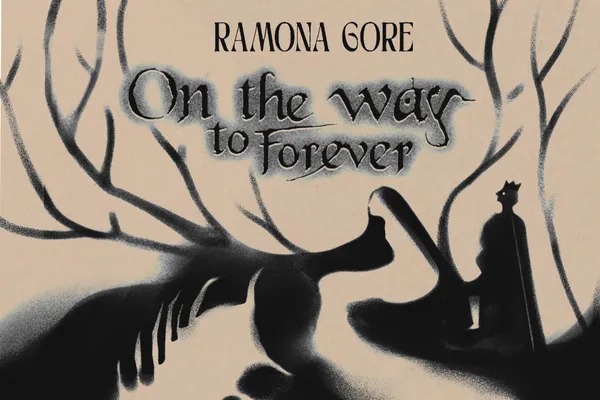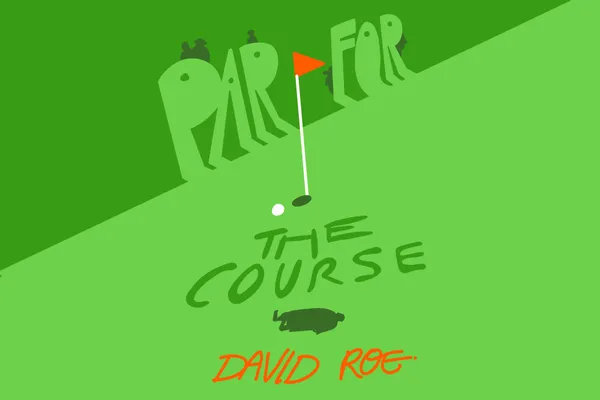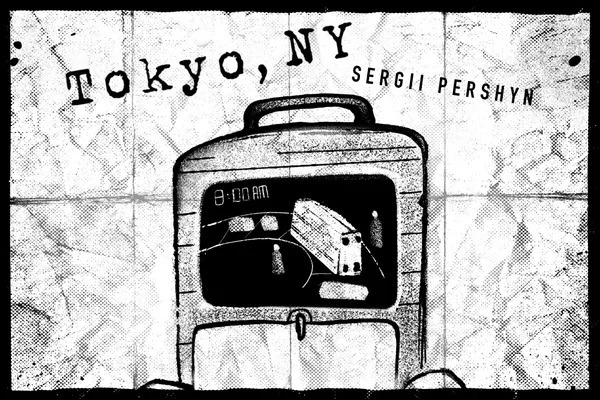
🛩️ Tokyo, NY
Sergii Pershyn
by Fendy S. Tulodo
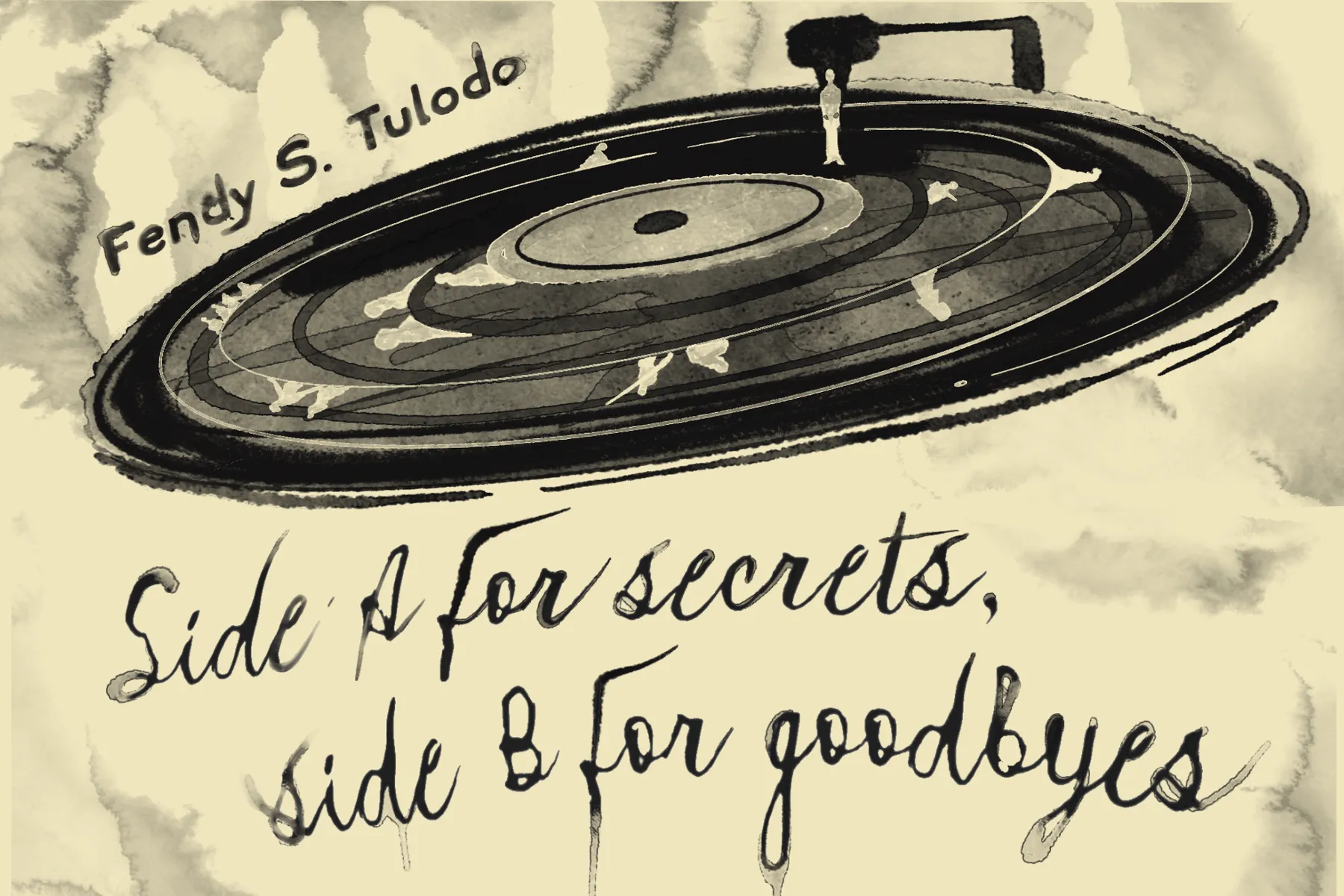
It started when the needle dropped itself, uninvited, onto a record I never bought. The air thickened like something was about to confess, and from the first scratchy note, I knew it wasn’t music. It was her voice. Telling me what she never dared to say when she was alive.
The record was in the wrong crate. That much I was sure of. The Museum of Analog Sound kept everything in order, and I had logged every item by hand for the past six years. I remembered cataloguing the H5 series—rock compilations from the seventies—but this wasn’t part of it. It had no label. No sleeve. Just a matte-black surface with the faintest groove lines, like something barely trying to exist.
I should have flagged it and returned it to admin. Instead, I cleaned it, placed it on the listening table, and lowered the needle.
Her voice came through like a warm exhale.
“Leo. I didn’t think you’d ever find this.”
I froze.
“Mira,” I said aloud, as if her name might echo.
Three years ago, she disappeared. No one said the word dead, but no one argued either. One day she left our apartment with her camera bag and never came back. No note, no suitcase, no report. The only thing left was an unpaid gas bill and an empty frame where her favorite Polaroid used to hang.
Now here she was, alive in sound, telling me something she never could when we were together.
“I wanted to tell you why,” her voice said, quieter now. “But I was always better at showing.”
There was no background noise. No hiss, no room tone. Just her, as if the recording had captured only thought.
“Find the rest,” she said. Then it ended.
I called in sick the next day, but came in anyway. I had the keys and nobody checked.
In the basement, among the donation crates not yet logged, I found a box marked LOST LOT 1976–2042. Not a real category. Not even a fake one we used for junk.
Inside were six unmarked records. One had a chipped edge. Another smelled like copper. I picked the least damaged one and brought it upstairs.
This one didn’t start on its own. I had to place the needle manually. The sound was distorted at first, like someone speaking underwater. Then it cleared.
A man’s voice: “I was seven when I buried the lighter under the floorboards. No one found it. Not even after the fire.”
The story continued, unraveling a memory—not a song, not a poem—but a confession. The man cried in the middle. I listened to all nine minutes without moving.
The record ended with a click. I rewound it and listened again. Same memory. Same voice.
Each record in the box played someone’s secret. One was about a woman who couldn’t remember her daughter’s birthday; one was a soldier whispering the names of people he left behind; one was just quiet breathing and the word “help” repeated softly, until the needle lifted itself.
I tested them. I checked for speakers, audio implants, anything electronic. Nothing. The grooves were real; the sound was analog.
They weren’t made by people. Not exactly.
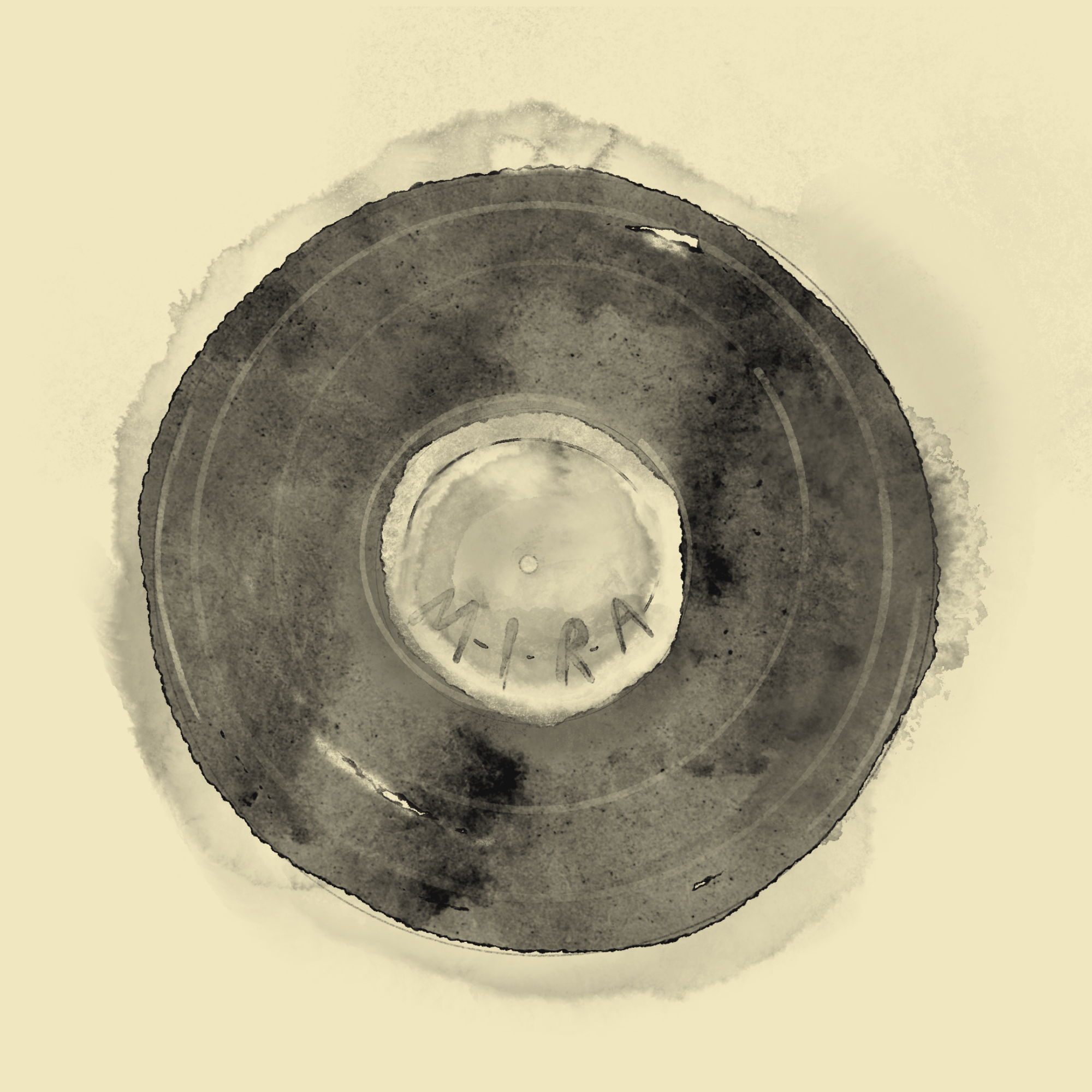
The next Mira recording came after three days of sleepless sorting. I found it inside a hollowed-out sleeve for a Bee Gees album.
She sounded tired. “You’re almost there. I never wanted this much to happen. I just needed someone to see the real me—no more masks.”
She mentioned a place. “You’ll find it near the payphone that never worked.”
That meant the old gas station on Holman Street.
I left the museum during my lunch break and walked there. It had been turned into a flower shop. The payphone was still there, bolted to the wall, cracked but whole.
Taped behind it was a parcel. Inside: a portable record player and one final vinyl.
This one was gold-colored. The kind they made for collectors. It had her name etched on the center—not printed—etched.
Back at the museum, I listened. Her voice was relaxed now.
“I needed to say this face-to-face. But we both know you’d just nod and wait for me to finish. You never heard me—not until it was too late.”
She talked about the day she left. Not for drama. Not to disappear. She just couldn’t keep being someone who didn’t exist anymore.
“You once told me everything you love is either archived or imaginary. That made me wonder what you thought of me.”
She paused. I expected her to cry. She didn’t.
“I’m giving you this so you can stop wondering. You didn’t kill me. But you didn’t save me either.”
Silence. Then:
“Side B’s for you.”
I flipped it.
The second side was different. It wasn’t Mira’s voice. It was mine.
From a time I didn’t remember.
I was younger, maybe twenty. I was drunk, or pretending to be. I talked about how I didn’t believe people ever truly revealed themselves. That everyone was just a version they hoped others would keep believing in.
I said her name. Not in anger. Just a tired whisper.
I heard myself say: “She’ll leave, eventually. They all do. I’ll put her in a box. Keep her clean. Keep her perfect. She’ll be fine in memory.”
My own voice sounded like a stranger.
The next day, the museum director called me in.
“You’ve been pulling records without log entries.”
“Yes.”
“Unapproved items. Unauthorized listening. Private materials.”
“They’re not private. Not really.”
“Someone donated them?”
“No. They just appeared.”
She paused. “That’s not how it works.”
I showed her one of the records. Played the first few seconds. A woman’s laughter turned into sobbing.
The director pulled the needle off. “Destroy it.”
“I won’t.”
“They’re dangerous.”
“They’re real.”
She looked at me like I was unstable. Maybe I was. But I left with the gold vinyl tucked inside my coat.
That night, I sat in my apartment and thought about what it meant. These weren’t recordings in the usual sense. They were impressions. Emotional fossils pressed into physical form.
I wondered how many people walked around with a memory sharp enough to cut vinyl.
How many of mine were already out there?
I took a blank record and placed it on my home cutter.
I whispered. I talked. I confessed.
I told the story about the time I ignored Mira’s panic attack because I thought it was manipulation. I talked about how I used her steadiness as a mirror to feel better about myself. I said I missed her, but I wasn’t sure which version.
When I was done, I didn’t play it back. I put the record in a plain sleeve and left it on a bench at the bus station.
Let someone else find it. Maybe they’d understand. Maybe they’d think it was art.
A week later, a new record showed up in my locker. No note. No sleeve.
It wasn’t Mira’s voice.
It wasn’t mine.
It started with a deep breath. Then a child said, “He never knew I watched him leave.”
I pressed stop.
I waited.
Then I put on my headphones, lowered the needle, and listened to every second.
I didn’t know who the voice belonged to.
But they were remembering something only I could understand.
I wasn’t ready.
But I kept listening.
Take control with Horse Browser, the browser built for professionals who demand focus and efficiency. Save up to 2 hours every day by organising your work seamlessly and reducing daily stress.
Get 50% off your first payment with code FOOFARAW when you subscribe!

